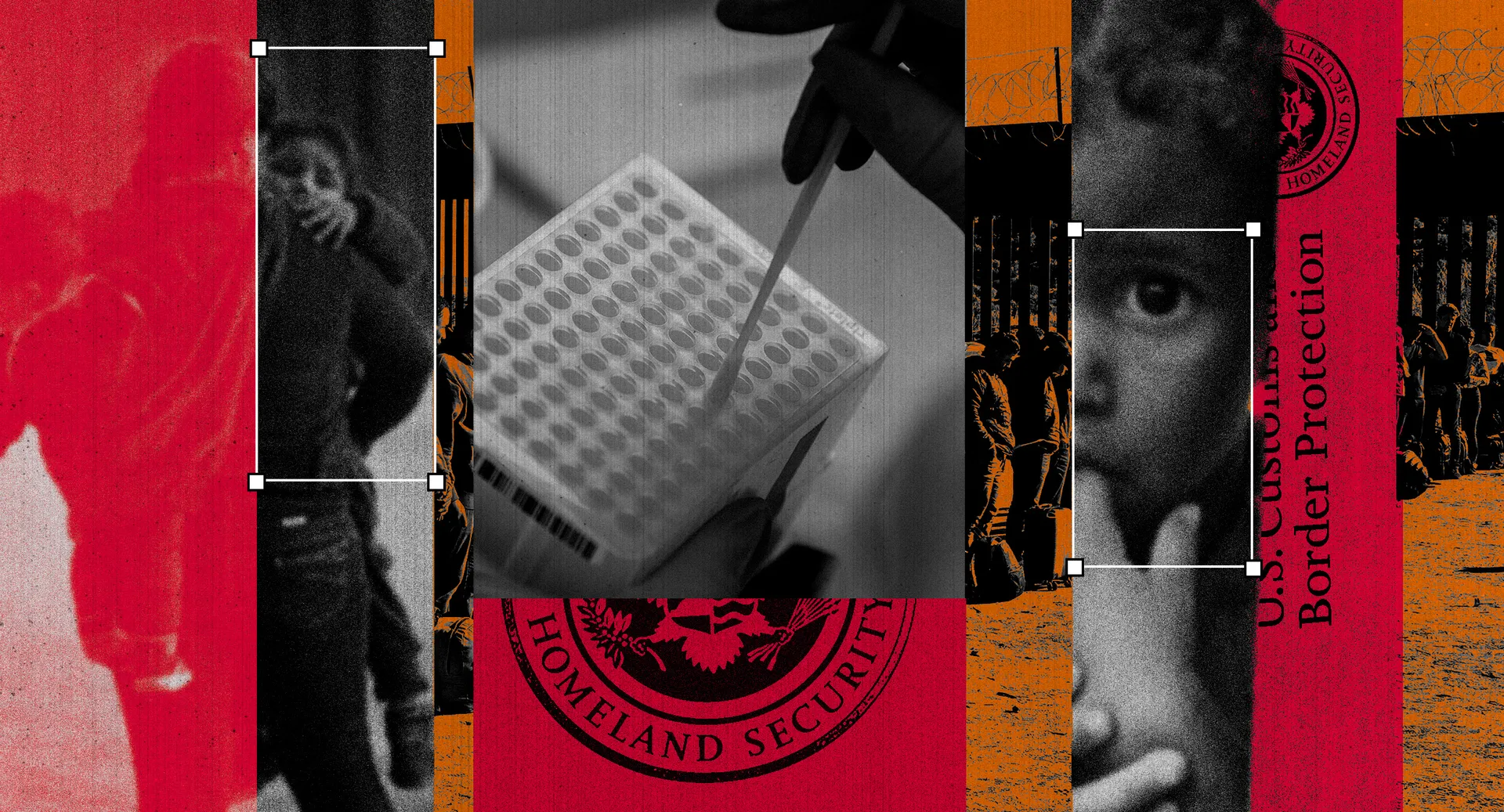- July 18, 2025
U.S. Agencies Under Scrutiny for DNA Collection from Migrant Children

Washington, D.C. — A series of recent articles reveal a widespread and largely untransparent practice of collecting genetic material from migrant children and uploading it into the FBI’s Combined DNA Index System (CODIS)—a database originally designed to identify criminal offenders.
Key Findings
-
Massive genetic surveillance of minors
-
U.S. Customs and Border Protection (CBP) collected DNA samples from more than 133,000 migrant children and teens—including at least one as young as four years old—which were uploaded to CODIS between 2020 and 2024.
-
Of these, at least 227 were under the age of 13.
-
-
Criminal database infiltration
-
These DNA profiles are now treated as criminal records: every search against CODIS will treat these minors as potential suspects, with their genetic material retained indefinitely.
-
-
Legal and ethical red flags
-
Critiques emphasize that these children, not suspected of any crime, were detained in a civil immigration context—raising major Fourth Amendment and constitutional concerns.
-
Retention of full genetic samples enables future uses such as familial searching or forensic genealogy, with potentially invasive implications for both migrants and their U.S. citizen relatives.
-
Accountability and Oversight
-
Senator Ron Wyden
-
Written to DHS and DOJ demanding a full accounting of the legal authority, scope, data-use policies, and specifics on collection from minors.
-
Called the practice “a chilling expansion” of DNA surveillance and likened it to constitutional violations.
-
-
Advocacy coalitions
-
Georgetown’s Center on Privacy & Technology, Amica Center, and others have filed a FOIA lawsuit against DHS for records detailing the legality, coercion, and data-sharing of this program.
-
They warn that this program “weaponizes genetic surveillance” and disproportionately impacts communities of color.
-
Voices of Concern
“It’s horribly dystopian… collecting a 4‑year‑old’s DNA and uploading it to a database for criminal activity is impossible to justify.” — ACLU’s Vera Eidelman
“The DHS has built a massive DNA‑collection program… operating with none of the constraints that protect personal privacy.” — Georgetown’s Stevie Glaberson
“By including these children’s DNA in CODIS… they will be treated as suspects for every investigation… indefinitely.” — Senator Wyden
Implications & Next Steps
| Concern | Impact |
|---|---|
| Civil liberties | Use of criminal DNA tools on non-criminal minors raises Fourth Amendment concerns |
| Future misuse | Full genome retention enables familial or genetic mining beyond initial proposed use |
| Mission creep | A tool built for criminal suspects is now deployed on vulnerable immigrant children with little oversight |
Lawmakers and civil rights advocates are calling for:
-
An immediate halt on uploading migrant children’s DNA to CODIS.
-
Full transparency on the legal framework and data-usage policies.
-
Assurance of enforcement safeguards, including notification, explicit consent, and defined expungement criteria.
-
Congressional consideration of new laws to restore Fourth Amendment protections and limit genetic data use in immigration contexts.

